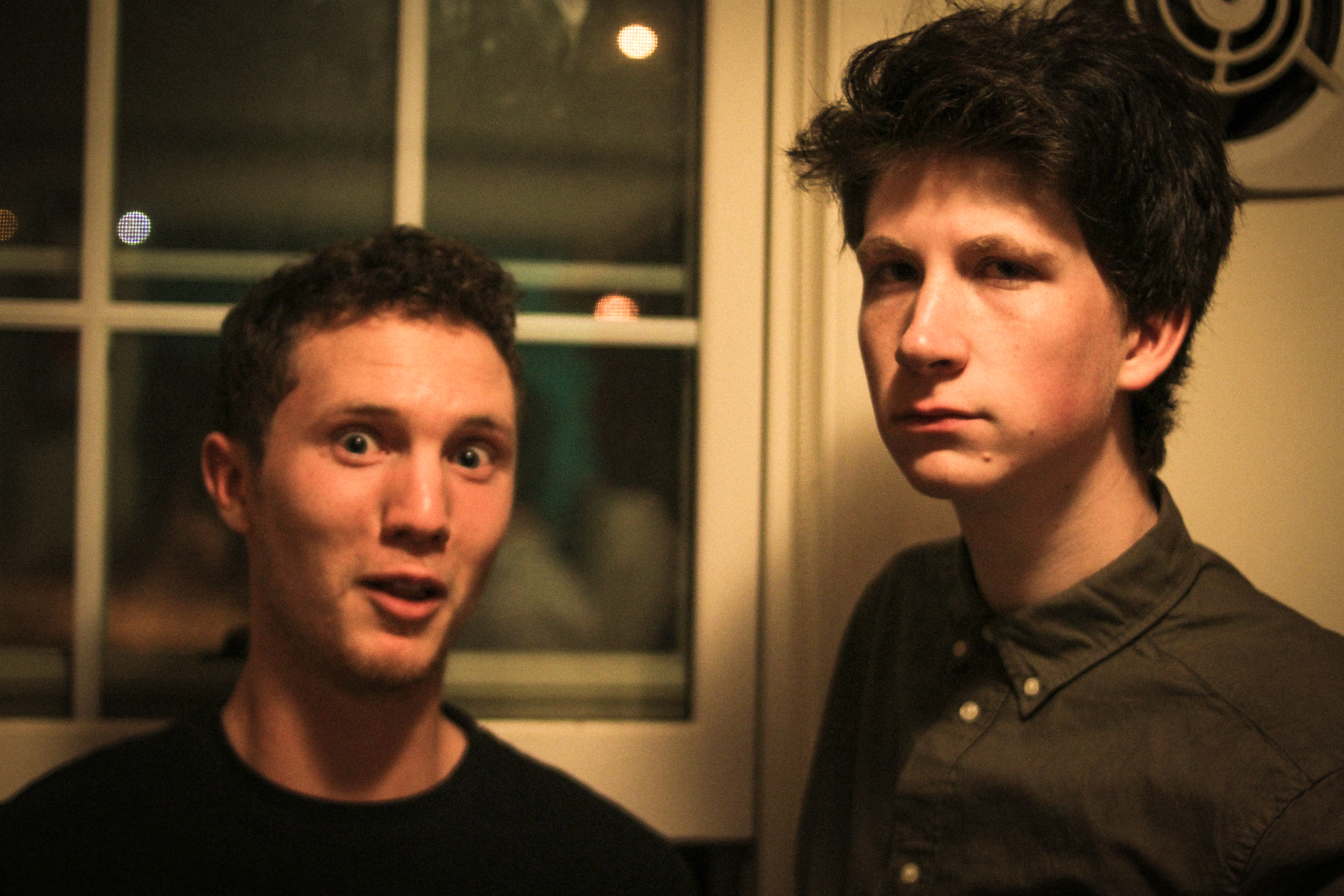When renowned and beloved actor and comedian Robin Williams committed suicide in Aug. 2014, few people could fathom how someone so humorous and seemingly happy on stage could suffer from such mental issues as depression and bipolar disorder. Indeed, the tragic story of Robin Williams highlights the loneliness, depression and anxiety that even the most successful entertainers can face, despite their privileged positions at the top of the entertainment industry.
The case of Robin Williams makes it all the more apparent that entertaining others is not easy and can incur a special toll. In order to learn more about comedians’ art, and especially the apparent contradictions between the stage persona and real life, I caught up with a few campus comedians to get their general perspectives on the issue and about the atmosphere at Conn.
The costs and consequences for a comedian’s maintenance of a masked persona on stage are of special interest to me. For John Chatigny ‘19, a stand-up comedian and member of the campus improv group N20, “comedy for the most part is about having a sort of masked fake personality. It’s all about putting on a show for an audience.” Further, according to Chatigny, since comedy is “so dependent on audience approval, it’s very easy to be self-conscious, since the number one fear is that people won’t like what you have to say. Worrying about how others will react to your jokes leads to self-consciousness about every other aspect of your character, in my opinion. And self-consciousness, anxiety, and depression tend to go hand in hand.”
Jake Barr ‘19, who is also a stand-up comedian, shares this view. He sees comedy as being about self reflection, noting that “the art of comedy as especially challenging because it is dependent on other people. You need to put yourself out there to be funny.” Will Kadison ‘17 highlighted how this stress and self-reflection can be a potential strength, noting: “Feelings like anxiety, anger and sadness can be effectively used as a comedian. A fair amount of comedians use those types of feelings on stage rather than mask them. I would say that I use my own strange perspective on things to make them funny on stage.”
Kadison also sees the value in using comedy as a coping strategy to deal with various mental issues, including depression and anxiety. “It can put a positive spin on really negative situations,” he observed, adding that in his experience, comedy has helped him feel better, “whether that’s in performance or just joking around with friends.”
Barr, who suffers from general anxiety, similarly feels that humor has helped him deal with stress, and according to Max Amar-Olkus ‘19, “laughter is the best medicine,” whether laughing on your own, or making other people laugh. Indeed, Amar-Olkus feels that humor has been effective in helping him to deal with his ADHD and talk about the issues related to it.
Chatigny, however, noted that comedy as a coping mechanism can be a “double edged sword.” Though he definitely sees it as effective, and something of value, he wonders “whether it’s a healthy thing to do.” Indeed, it is entirely possible that people use humor as a temporary reprieve from dealing with deeper issues with which they may be faced, and for which they may need more than just a few laughs.
During these conversations about comedy and mental health, I also inquired how comedians on campus viewed the atmosphere at Conn for reception of humor. According to Barr, “dark humor is not very well received on campus,” although he does not buy the “lazy argument” propagated by some that millennials as a generation are “politically correct snowflakes.” Chatigny takes a similar view. According to him, “it’s entirely possible, even preferable to make jokes that are funny without being shocking.”
Barr also emphasized a concern that certain groups of people are easy targets of comedy without being able to push back against the tropes constructed about them. As examples, he cited mentally ill people and Asians, explaining that through comedy, certain “psychotic tropes” are constructed about people suffering from mental illnesses. In Kadison’s viewpoint, “there is a distinct atmosphere of political correctness on campus,” but he does not see it as limiting the quality of humor on campus. Instead, he believes that “good comedians can be funny and politically correct.” Though Amar-Olkus did not contradict this statement, he nevertheless considers that “without comedians who pushed the limits, there would be no progress.” Barr as well sees the role of comedians as being to “flirt with the boundaries.”
As such, for comedians at Conn, just like for those elsewhere, the challenge remains finding something that will have a wide appeal while not alienating a significant section of the audience. Humor can serve as a powerful medium of resisting societal norms and political oppression, as well as opening up a conversation about difficult issues. It is perhaps for that reason, that authoritarian regimes crack down on the freedom of expression of humorists and satirists. As far as more openly discussing mental issues is concerned, audiences may be more receptive to being pushed to challenge some of their own presumptions. Audiences, in consuming entertainment, may be more willing and ready to accept the apparent contradictions between humor and depression.










